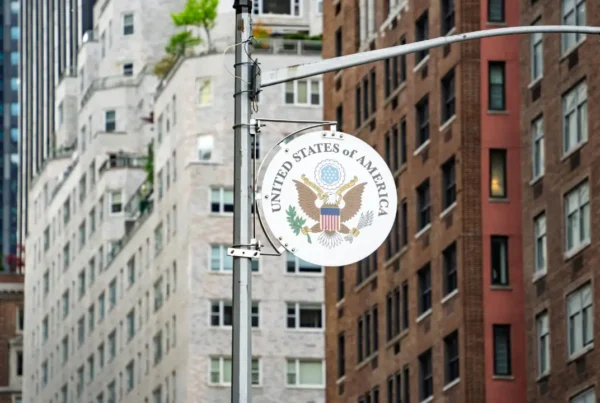
The Trump Administration is expected to publish a proposed regulation soon that will radically alter the way USCIS officers screen applicants for lawful permanent residence for inadmissibility due to public charge. For purposes of determining inadmissibility, “public charge” refers to individuals who are likely to become primarily dependent on the government for subsistence, as demonstrated by either the “receipt of public cash assistance for income maintenance or institutionalized for long term care at government expense”. Currently, officers focus on the petitioning sponsor’s income as reported on the affidavit of report and the agency will not turn its attention to the adjustment of status applicant and any dependent family members. Officers would now scrutinize the intending immigrant’s current and estimated income, job history, job skills, health status, assets, and any family history of public benefits receipt. The USCIS proposed changes would mandate the consideration of specific non-cash benefit programs received by the applicant, the applicant’s children, or other dependents. This is a significant change from where we are today!
The current status at INA Section 212(a)(4) allows USCIS to conclude that an immigrant visa or adjustment applicant is inadmissible if he or she “is likely at any time to become a public charge”, as defined above. The proposed changes would vacate that interpretation and replace it with one that substantially broadens the term. An applicant would be inadmissible based on public charge is he or she “is likely at any time or use or receive one or more public benefits”. The same standards will be held to children or other dependent of the applicant.


